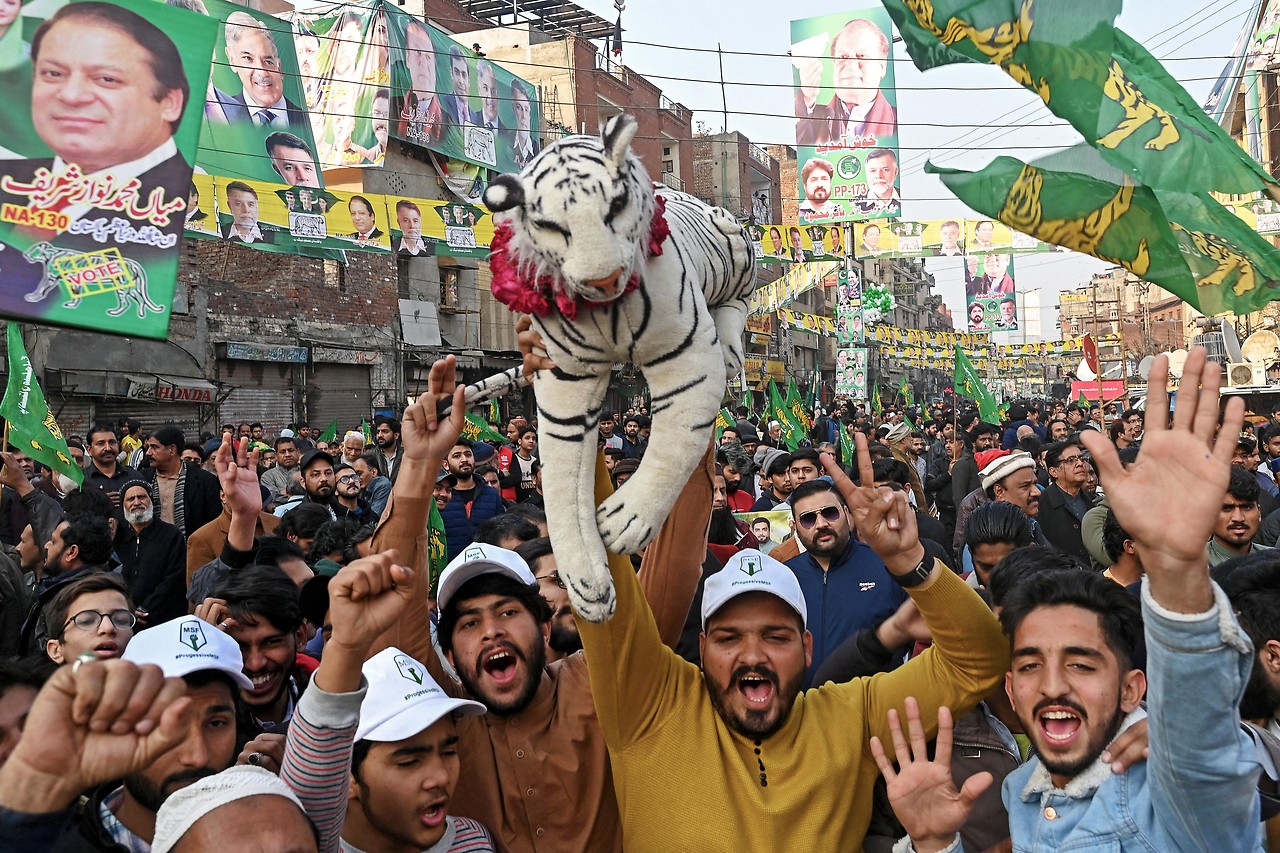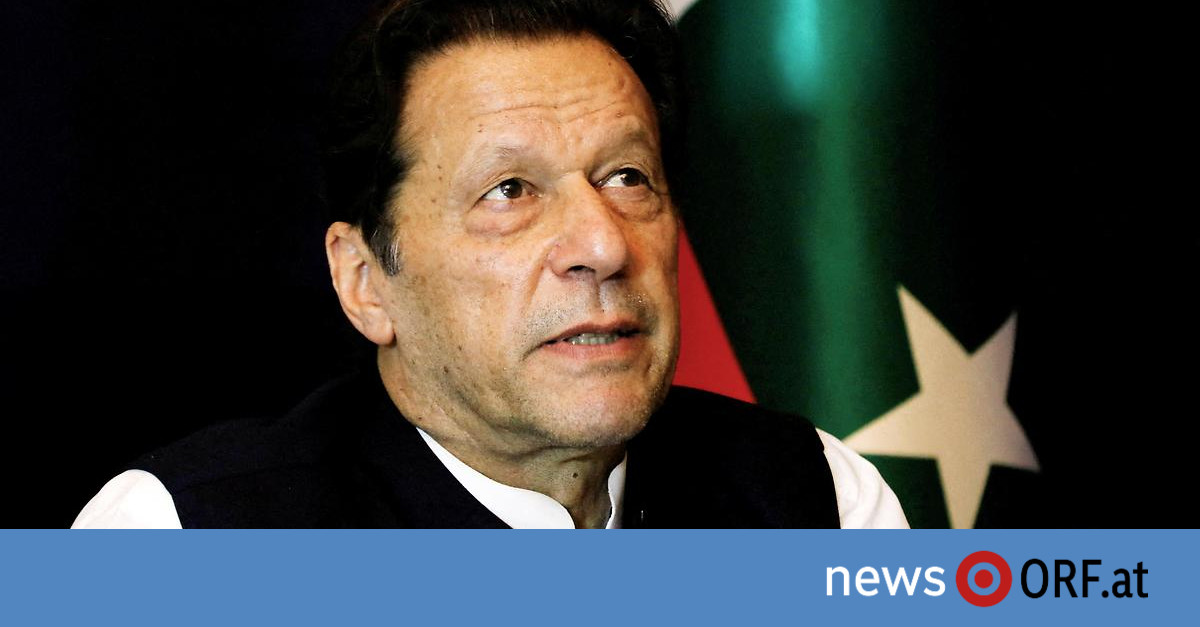PTI said it would appeal the ruling against Khan. “We do not accept this illegal decision,” Khan’s lawyer Naeem Panjotha wrote on Twitter. His lawyers hope to secure his release from prison.
The trial centered on a telegram that Khan cited as evidence that his removal from the post of prime minister was the result of a conspiracy involving the United States and the Pakistani army. The United States and the powerful Pakistani army reject Khan's claims.
Khan's accusations are “politically motivated”
Khan was removed as Prime Minister in a vote of no confidence in April 2022. In August 2023, he was sentenced to three years in prison on corruption charges. The sentence was later overturned, but Khan remained in prison on the much more serious charge of leaking state documents. The former Prime Minister rejects these accusations as politically motivated.

Opportunities for opposition before the elections are very limited
A new parliament is scheduled to be elected in Pakistan on February 8. A few weeks before the elections, the country's Supreme Court significantly limited the chances of the main opposition party. Judges banned Khan's Tehreek-e-Insaf (PTI) party from using party symbols on ballot papers, as announced in mid-January. Hence, hundreds of PTI politicians will have to run as independent candidates.
This will make it difficult for more than 100 million eligible voters in the populous South Asian country to find their candidates in the elections scheduled for February 8. Party members condemned the decision. A close associate of the former prime minister even spoke of “sham elections” in the field of nuclear energy.
Allow former Prime Minister Sharif to run again
Meanwhile, former Prime Minister Nawaz Sharif was allowed to run in the elections. The 74-year-old could become prime minister for the fourth time, and his Pakistan Muslim League-Nawaz party is considered the favorite. The Supreme Court banned him from parliament for life in 2018 after he was convicted of corruption. As the judges made clear at the beginning of the year, such a ban on politics would only apply for five years after conviction. Both Khan and Sharif experienced political decline after losing popularity with powerful generals.

Since the country's founding in 1947, there has been frequent unrest and instability in the South Asian country, which lies between India and Afghanistan. The military, seen as a determining factor in the rise and fall of politicians for decades, has ruled for more than half that period.
The independent Human Rights Commission of Pakistan (HRCP) has previously warned of “blatant manipulation of the electoral scene.” The Human Rights Commission said in a statement: “At this stage, there is little evidence that the upcoming elections will be free, fair or credible.”
Increase in Taliban attacks
The Pakistani Taliban have been carrying out more attacks for some time, but announced last weekend that they did not want to disrupt the parliamentary elections with attacks. The Islamists explained that their attacks generally targeted the security authorities. They continued: “We have no relationship with the parties participating in the elections.” However, they emphasized that democracy was incompatible with their ideology.
The Pakistani Taliban operates independently of the Taliban government in neighboring Afghanistan, but also supports an extreme interpretation of Islamic law. In the past, Pakistan has witnessed repeated attacks during the election period.

“Food practitioner. Bacon guru. Infuriatingly humble zombie enthusiast. Total student.”








More Stories
Kyiv: Russian Kursk offensive halted
US Presidential Election: Former US Government Officials Warn Against Donald Trump's Election
Netherlands wants to leave asylum system